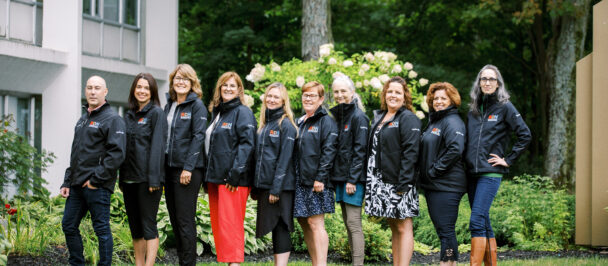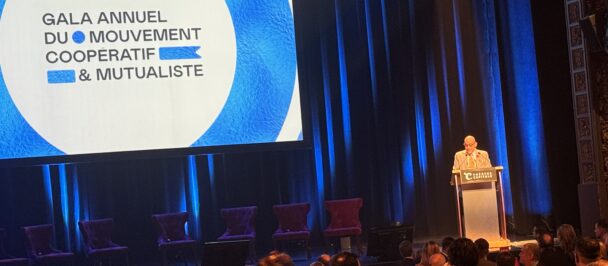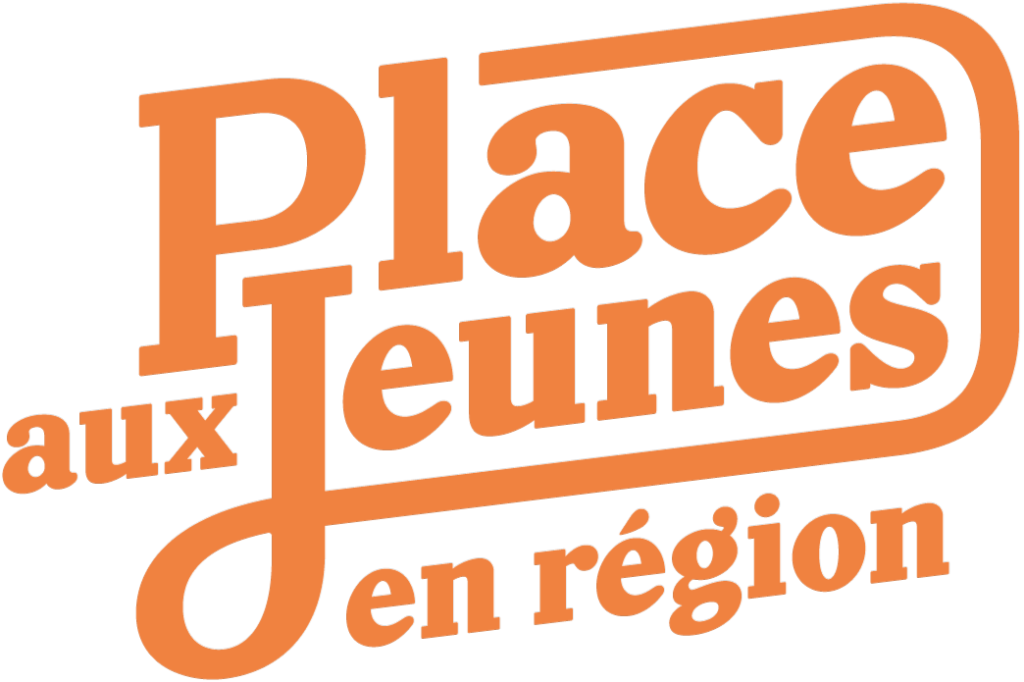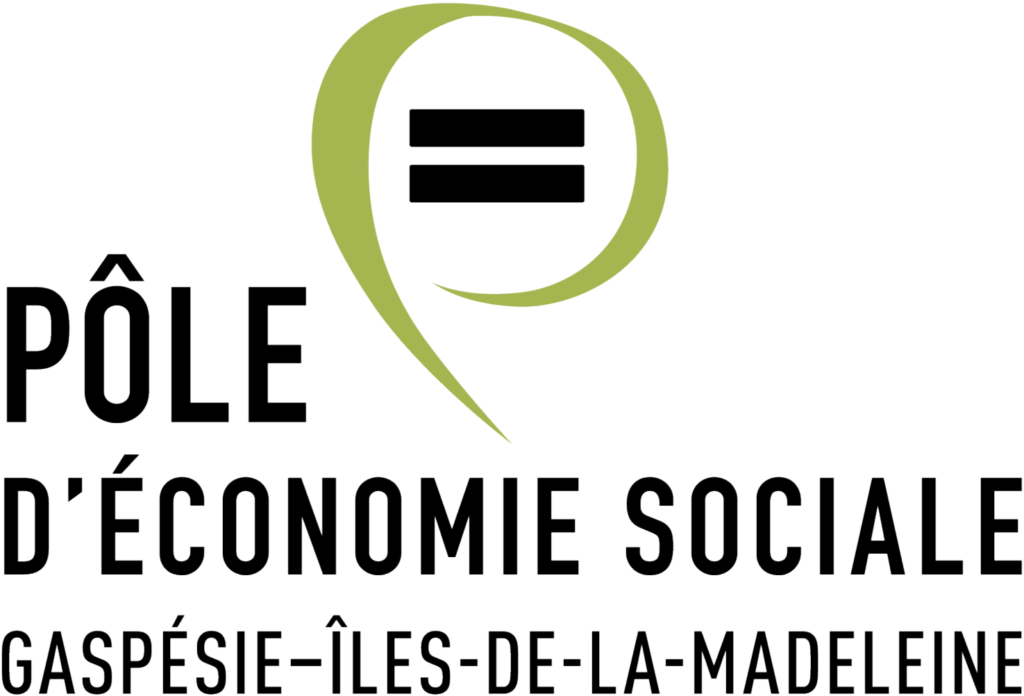by Acha Patandjila
RDN Communications Summer Associate
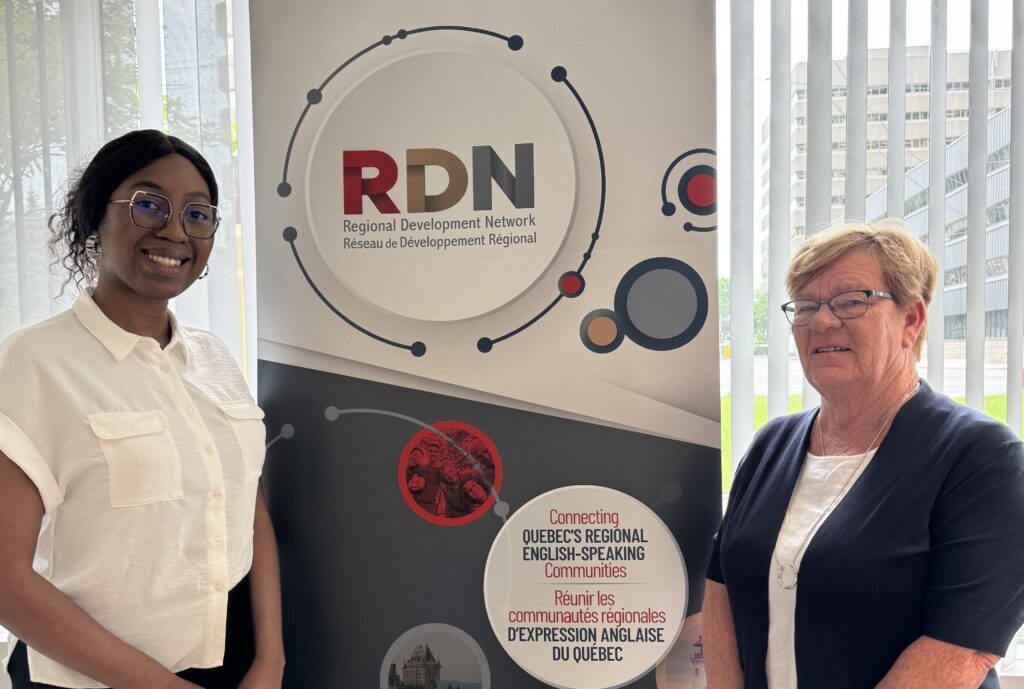
This summer, I’ve been working here at the Regional Development Network (RDN), a provincial nonprofit organization with 19 member organizations who together are dedicated to enhancing socio-economic development for English-speaking communities across the province of Québec. These network organizations achieve this through resource sharing, skills training, leadership programs, and improved access to services for their communities. RDN also promotes socio-economic opportunities and forms essential collaborations and partnerships to create comprehensive strategies that work toward tackling the root causes of poverty in English-speaking communities and encouraging sustainable solutions. All of this aligns with one of my favorite life philosophies: Ubuntu, which emphasizes the contribution of community members to individual success.
There’s a notable story that’s used to explain Ubuntu: an anthropologist once visited a South African village where he proposed a game to the children. He set down a basket of fruit and suggested that the first one to reach the basket would win all the fruit. After he counted down to start the race—to his surprise—instead of rushing individually, the children held hands and ran together toward the basket. They arrived at once, sat in a circle, and shared the basket of juicy fruit. Perplexed, the anthropologist asked why they had chosen to run together. Their response was profound: “Ubuntu. How can one of us be happy if some of us are sad?”
The philosophy encompasses the Zulu phrase “Umuntu, ngumuntu, ngabantu”— a person becomes a person through other people. This idea acknowledges the fact that it takes communal engagement towards achieving the goal of a stabilized and equal socio-economic status for all Québécois people, including the Québécois·es d’expression anglaise. The 19 RDN member organizations serving the English communities of Québec make it their goal to improve the lives of people, leaving no one behind. I say this based on my experience in the network for the last couple of weeks, recognizing the intentionality and togetherness of my co-workers constantly ensuring that everyone has what they need to keep moving forward. To have RDN as a stop point in my journey has helped me in my goal of contributing to the greater good, and I can’t take the experience for granted.
My experience at the Regional Development Network has opened my eyes to the endless possibility of forming, maintaining, and growing strong connections to achieve a goal. Working with diverse member organizations and engaging with community leaders has shown me how powerful collaboration can be. I’ve learned that by building and nurturing relationships, sharing resources, and aligning objectives, we can tackle complex challenges more effectively and create lasting, constructive change. This experience has reinforced my belief in the transformative power of uniting community and the incredible potential that networks have for achieving their shared aspirations. After all, the essence of Ubuntu is not just a concept but an active force towards growth where our contributions, whether significant or small, shape and are shaped by the world around us.
